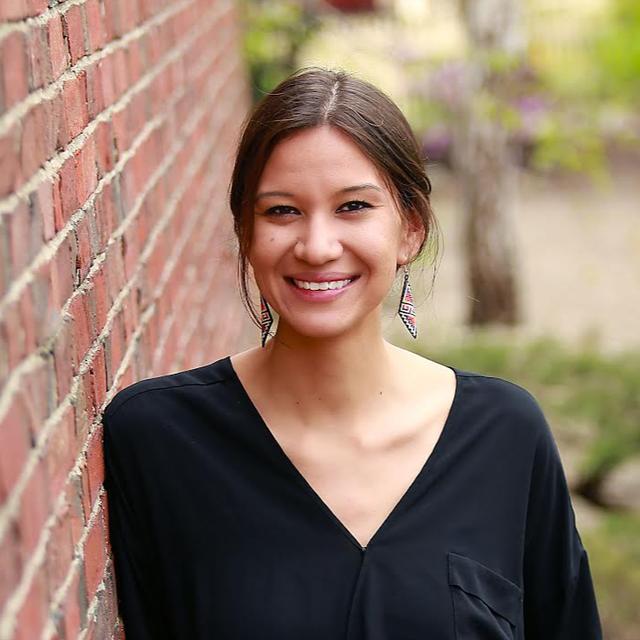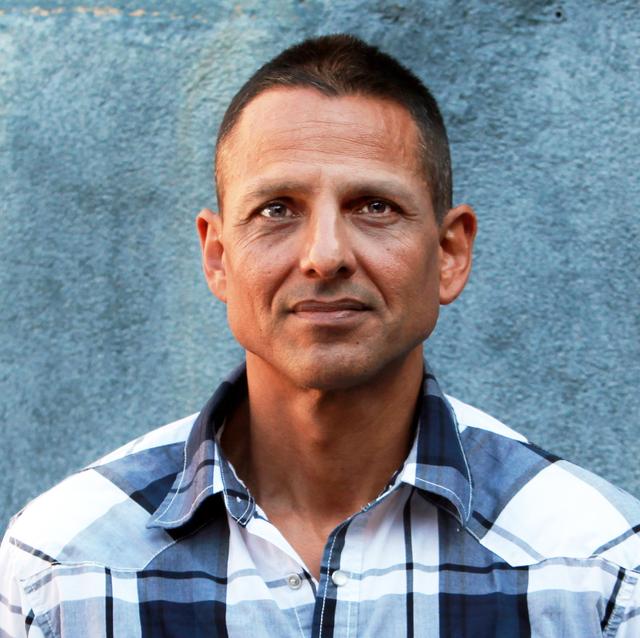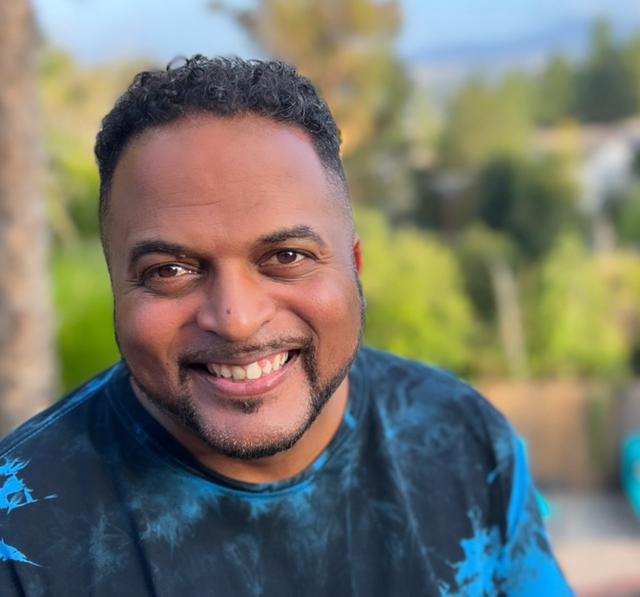John Little, PhD (Standing Rock Dakota), is a scholar, historian, filmmaker, and mentor. His presentations and research focus on Native student retention and success in higher education, decolonizing work in the university, cultural appropriation and Native American-themed mascots, Lakota and Dakota music, and Native American Vietnam veterans, looking at the fact that Native Americans serve in the military at a higher per-capita rate than any other ethnic group in the United States.
Dr. Little received his PhD in History from the University of Minnesota and is passionate about changing the way history is written about Native peoples. He is currently the Director of Native Recruitment & Alumni Engagement at the University of South Dakota where he also serves as Director of Native Recruitment and Alumni Engagement. Previously, he was the Director of the Indian University of North America, a Native American college readiness program for high school graduates at the Crazy Horse Memorial in the Black Hills of South Dakota.
He is the co-director, alongside his brother Kenn, of the 2017 award-winning film, “More Than A Word.” The documentary goes inside the movement to change the name of the Washington R*dskins football team as well as what’s at stake in contemporary debates about cultural appropriation and Native American-themed mascots.
Sovereign Representation: Beyond Mascots and Cultural Appropriation
Native Film and Storytelling: Utilizing Film to Reclaim Our Narratives
Decolonizing Work in Higher Education
Building the Future Leaders of Indian Country: Native American College Readiness Programs
You Can’t Confuse Indian Patriotism with “American Pie:” Lakota and Dakota Experiences During Vietnam
Sustaining Tradition: Dakota Knowledge, Culture, and Language in the Archive
Dr. Little is also available for these powerful co-presentations:
More Than a Word
John is available for screenings of this award-winning film about Native American-based sports teams with his brother and co-director, Kenn Little. Bring one or both filmmakers for a lively post-screening discussion/Q & A. Learn more about that program here.
Mascots, Monuments, and Racist Objects: Using America’s Past to Unpack White Supremacy and Promote Racial Justice
John is available to co-present with David Pilgrim, Founder and Director of the Jim Crow Museum, the nation’s largest, publicly accessible collection of racist objects. The activism ignited by this country's police killings shed light on the many expressions of racism throughout society, including racist monuments and statues, racist names and mascots for sports teams, racist images in food brands, collectibles, and popular culture. College and universities are also reconsidering the names of campus buildings, streets, and monuments that memorialize white supremacists while also examining how campus policies and structures can perpetuate racism and white supremacy. In this presentation, David and John examine the racial reckoning and renaming movement and its implications and challenges for racial and social justice. They also share the lessons they have learned as activists committed to combating the racist imagery that undergirds white supremacy.







